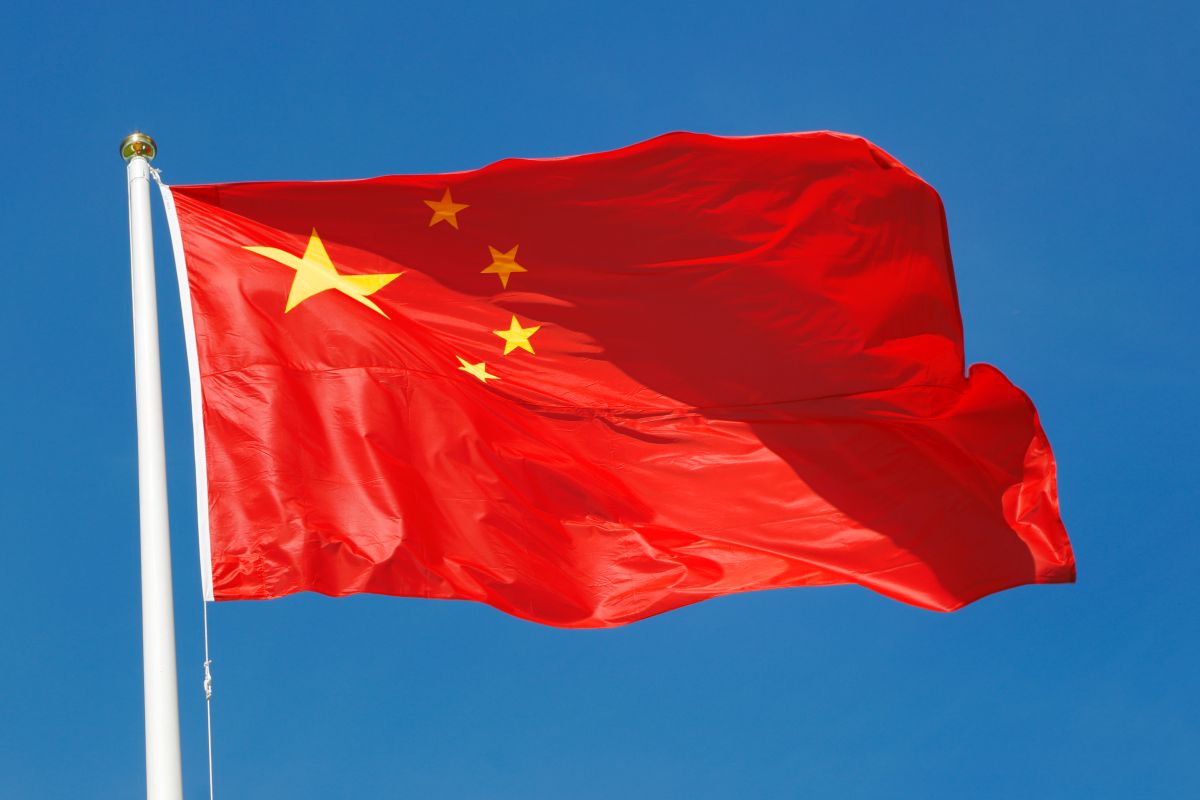Archery World Cup : Indian men’s recurve team wins gold . Deepika Kumari bags silver
India also clinched the mixed team recurve bronze as Ankita Bhakat and Dhiraj finished the meet with eight medals - five gold, two silvers and one bronze.
In the realm of global economics, China has long been the magnetic epicentre, drawing in foreign investors with promises of boundless opportunities and unprecedented growth.

Representational image (Photo: IStock)
In the realm of global economics, China has long been the magnetic epicentre, drawing in foreign investors with promises of boundless opportunities and unprecedented growth. Yet, recent events paint a more nuanced picture, one that reveals cracks in the facade of China’s allure. The red-carpet welcome extended to global CEOs was a well-orchestrated spectacle, designed to stem the tide of dwindling corporate investment.
However, beneath the glitz and glamour lies a palpable sense of caution among those who ventured into the dragon’s den. It is a caution born not out of pessimism, but rather a sober assessment of the risks lurking in the shadows of China’s economic landscape. One cannot ignore the concerns raised by these executives ~ concerns that echo the sentiment that the risks of expansion in China often outweigh the rewards. From doubts about the sustainability of the economic recovery to the spectre of increased regulation and Beijing’s unabashed pursuit of national champions, the landscape appears fraught with obstacles.
The decline in foreign direct investment over the past two years serves as a sobering reminder of the shifting tides. While some may argue that a mere 3 per cent of total investment may seem negligible, it is a telling indicator of waning confidence in what was once heralded as the engine of global growth. The narrative of equal treatment for foreign firms, echoed by Chinese officials, is a well-worn refrain. Yet, actions speak louder than words, and the reality on the ground paints a different picture. European firms, in particular, lament the uphill battle they face in market access and government procurement, highlighting the glaring gap between rhetoric and reality.
Advertisement
Amidst the cacophony of voices, one message rings clear ~ the need for transparency and accountability. The opacity that shrouds Chinese companies with government ties has fostered an environment of distorted competition, leading to crippling overcapacity and stifled innovation. The recent meetings, while providing a platform for dialogue, also cast a spotlight on the selective nature of China’s engagement with international companies. The absence of Foreign Minister Li Qiang, coupled with the discreet audience granted to US CEOs, underscores Beijing’s strategic calculus.
It is a calculated move that sends a clear signal ~ China will engage on its own terms, cherry-picking opportunities that align with its objectives. Yet, amidst the uncertainties, there exists a glimmer of hope. Beijing’s efforts to signal change, however tentative, reflect a recognition of the need to adapt to a rapidly evolving global landscape. For companies already invested in China, this signals a potential shift towards a more conducive business environment. While the red carpet to global CEOs may have been rolled out with great fanfare, it is the sobering voices of caution that linger long after the curtains fall. The road ahead may be fraught with challenges, but it is through dialogue and engagement that mutually beneficial solutions can be forged.
Advertisement